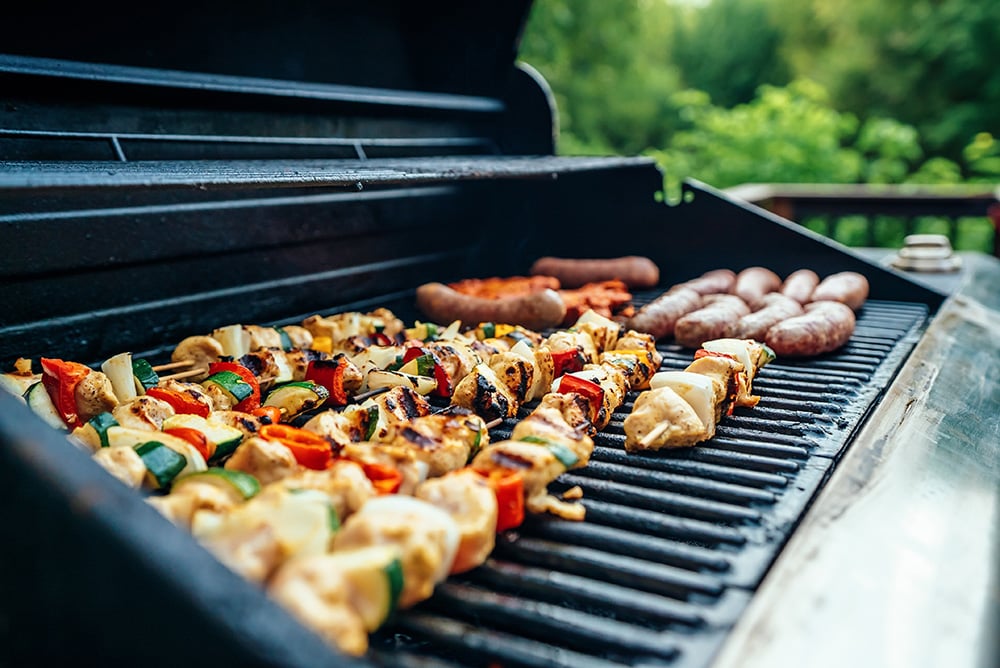
Updated: Jul 22, 2024
There are few things more satisfying than cooking over a grill with an open flame. We get to enjoy being outside, take in the unique smoky flavors that only grilling provides, and most likely hang out with our friends. However, when it comes to grilling, you have two choices: gas or charcoal. You might be wondering which is the healthier option? Unfortunately for the charcoal fans out there, gas appears to be the hands-down healthier option. Don't give up hope, though, there are a few ways to make charcoal grilling healthier.
It’s good to get a complete picture if you haven’t already chosen between gas and charcoal. Here are a few pros and cons to help you choose.
The Pros and Cons of Gas Grilling
Pros
- Quicker to get started
- Easier to maintain consistent and even heat
- Less cleanup (don’t have to dispose of burnt charcoal)
- Healthier (explained in more detail below)
Cons
- Less flavor as judged by many fans of grilling
- Expensive: Gas grills start at prices around $200 and run much higher for ones that can achieve high temperatures. Learn more here.
- Getting gas: Adding a natural gas line can be prohibitively expensive while propane tanks cost around $20 per refill
- Parts such as gaskets wear out so gas grill users need to be mindful to check for and prevent gas leaks
Related: Dietary Dangers: Foods To Avoid With High Cholesterol
The Pros and Cons of Charcoal Grilling
Pros
- Charcoal produces more smoke for a flavor many prefer
- You can achieve higher temperatures with charcoal
- Charcoal and charcoal grills are the cheaper option, at least to get started with
- You can achieve higher temperatures without spending for the most expensive models
Cons
- Cooking over charcoal can produce carcinogens and is a less healthy option as a result
- Longer startup time. When you’re hungry or have hungry friends and family, waiting for charcoal to heat up can be difficult
- Hot and cold spots mean that it’s more difficult to maintain an evenly heated cooking area. Some people enjoy this extra involvement so it may not be a con for everyone
- More cleanup. You’ll need to dispose of the spent charcoal
- Minor annoyances. The smoke produced by charcoal can irritate your eyes and leave your clothes smelling like smoke
- It might be banned where you live. Many apartment complexes outright ban charcoal grills because of the mess created from coal ash, potential fire hazards from the ash and the inability to turn them on and off
- Since they produce plenty of smoke, charcoal grills can only be used outside with plenty of ventilation
Gas vs. Charcoal for Health
For those who simply want the healthier option, you should choose gas. We’ll get into how to make charcoal grilling healthier below, but it’s important to first understand why charcoal is the less healthy option. When you cook on a charcoal grill, it releases two types of molecules into your meats and veggies: heterocyclic amines (HCAs) and polycyclic aromatic hydrocarbons (PAHs). How does that happen? At high temperatures, the amino acids broken down from meat results in HCAs, whereas when the fat drips down into the fire, the PAHs bind to the smoke and fuse into your meat and the environment.
What is so bad about HCAs and PAHs? Well, they are known to increase your risk for cancer. Supporting studies have been conducted in well-known circles in the scientific community, such as the American Journal of Epidemiology. These PAHs and HCAs have been linked to skin, lung, prostate, rectal, breast, pancreatic cancer cells and leukemia.
Keep in mind though that as with any other behavior, these risks are cumulative over one’s lifetime. Eating a couple of meals cooked over charcoal in and of itself won’t cause cancer overnight and it’s worth mentioning that you’re still avoiding the added fats that would be used to fry, or saute your food.
Related: Heart Healthy Snacks for a Better Life
Why Is Charcoal Dangerous?
According to the American Cancer Association, "meat that has been fried and/or charcoal-grilled at a very high temperature can produce carcinogenic substances (heterocyclic amines)." You should avoid charring meat for prolonged periods. When the fats drip on the coals, harmful cancer-causing chemical infused smoke is released, coating your food in PAHs. If you don't think that these chemicals are dangerous, consider that PAHs are also found in cigarette smoke.
Is There a Healthier Type of Charcoal?
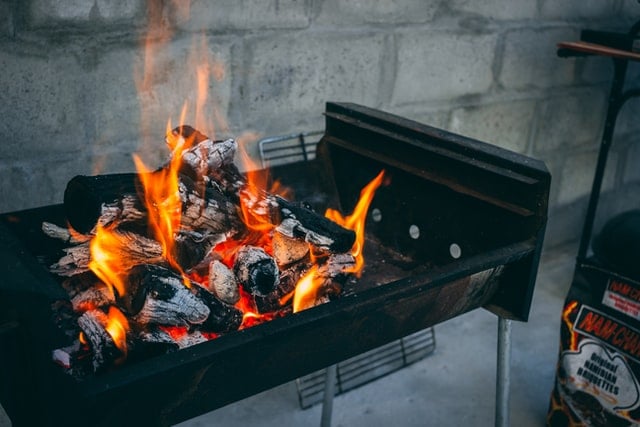
If you run to the store to get charcoal, you’re most likely bringing home charcoal briquettes. These are the uniform nuggets that produce a long-burning and relatively even heat. They’re also usually the cheaper option for many outdoor grillers. While many enjoy charcoal grilling because it seems more “natural”, charcoal briquettes are a less natural type of charcoal as they’re packed with wood and filled with binders.
Hardwood lump coal is another option, and is said to have an even richer flavor. These coals are made by slowly burning wood in an oxygen-free environment until its natural moisture is removed. On the grill, they burn hotter and faster than briquettes so you need to be more careful when using them to ensure your food is cooked evenly and thoroughly. Luckily, they respond quickly to changes in oxygen levels, so if your grill has vents, you have a lot of ability to manage their temperature.
You can even find hardwood lump coals with added flavor like applewood, pecan, and mesquite. While both types of charcoal carry the same health risks, these coals won’t have fillers and binding agents and as a result the more natural choice.
Related: 8 Best Brain Food Snacks for Focus and Productivity
Tips To Make Charcoal Grilling Healthier
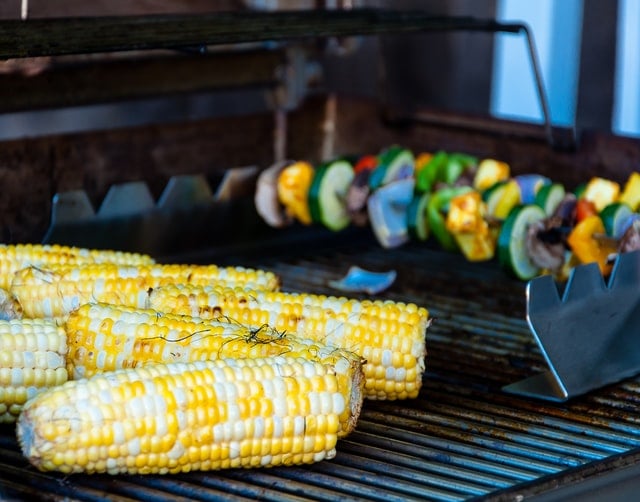
If you’re committed to charcoal, there are a few things to consider doing to make grilling healthier.
Marinate Your Meat with Herbs
Some studies have suggested that steaks marinated in oil, water, spices, or vinegar contain fewer HCAs than non-marinated meats. In fact, rosemary can block the formation of PAHs and HCAs. Best yet, it’s delicious!
Choose Lean Meats
PAHs and HCAs are mainly released by meat fat melting and dripping onto the coals. As a result, choosing leaner cuts of meat, such as fish or chicken breast, will help you to reduce the amount of PAHs and HCAs that are released and subsequently coat your food.
Cut Your Food into Smaller Pieces
Choose smaller cuts of meat or even make skewers. Larger cuts of meat spend more time on the grill so naturally smaller cuts carry less health risk. Best yet, everyone gets to eat sooner!
Grill Lots of Veggies
Vegetables don’t have the fat that causes PAHs and HCAs to be released. They’re also packed with tons of important nutrients like vitamins, and fiber. For the best flavor and quality, buy vegetables locally and seasonally when you can.
Control Your Heat
Higher heat will not cook your meat faster. It will most likely just result in charred food. This charring is referred to as the maillard reaction which results in the production of another carcinogenic substance known as acrylamide. You want to maintain a low to medium heat of around 300 degrees for a healthier meal since acrylamide can be very toxic and cause adverse health effects that affect genetics, neurons, reproduction, and human development.
Frequent Flipping
Charring might taste good, and many chefs warn against frequent flipping for “maximum flavor.” However, this is the best way to let your food cook thoroughly and evenly while minimizing charing and its resulting carcinogens.
Bottom Line
As we decide what kind of grill to use for our summer cookouts, it’s clear that gas is the healthier choice. But for those who are committed to charcoal, there are plenty of things you can do to make grilling healthier.
Gas or Charcoal: Which did you choose? Let us know why below!
The Best in Nature blog is for informational purposes only and is not to be used as medical advice.
© 2021 Best in Nature All rights reserved





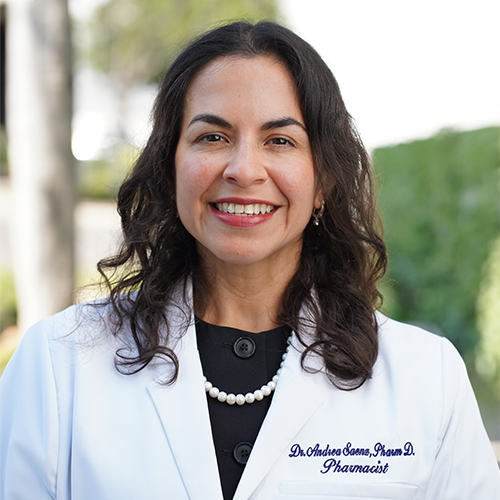
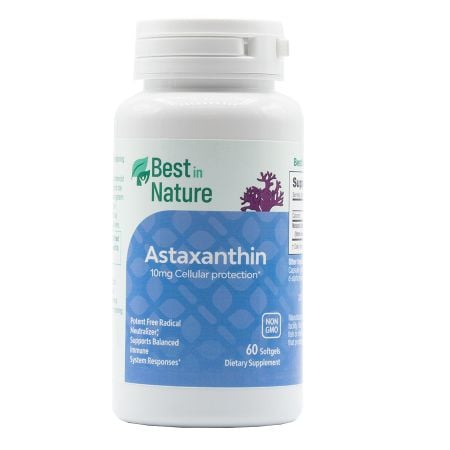
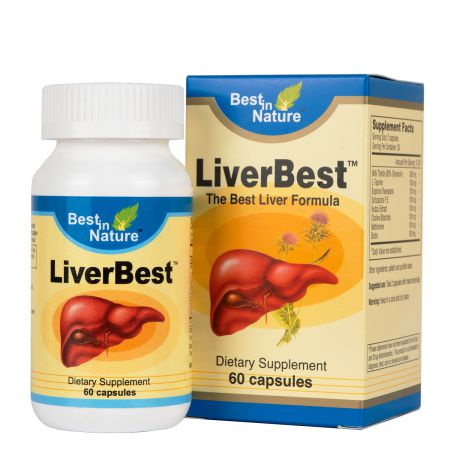

Validate your login
Sign In
Create New Account